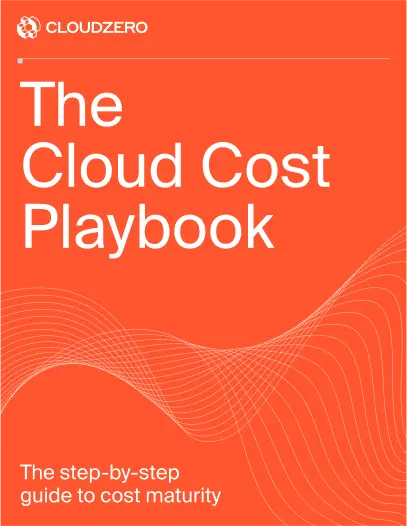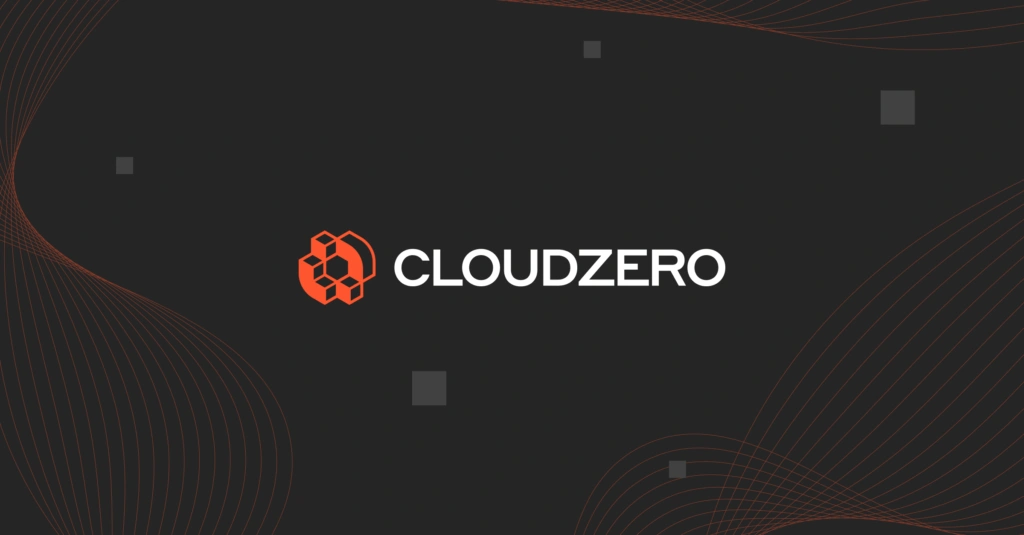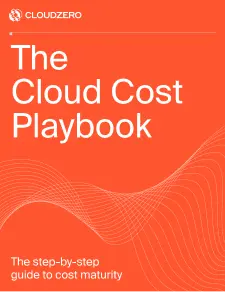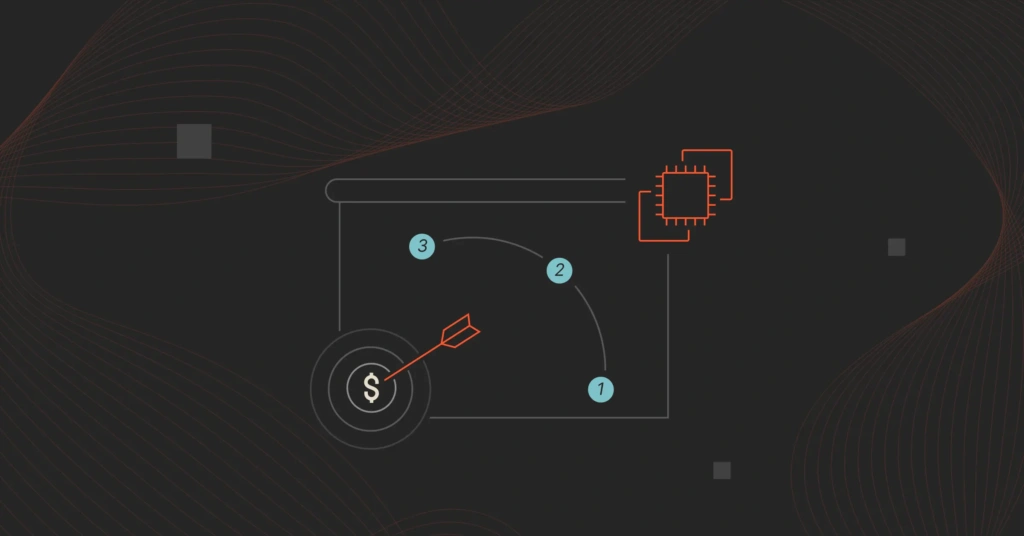If you’re running in the cloud and ever struggle to predict, report on, or attribute your cloud costs, you may want to consider a new kind of role: A Financial Cloud Operations Manager. While a traditional cloud operations manager may sit on the DevOps team or report to an engineering lead, a financial cloud ops manager’s reporting structure is slightly different. A financial cloud operations manager would have a direct line into finance, take an active role in shaping the cloud budget, and proactively drive cloud productivity across the DevOps team.
This hire may have a business management, finance, or economics background, but should also understand the basics of cloud infrastructure costs and operations. Essentially, a financial cloud operations manager would be responsible for bridging the gap between finance and DevOps, and communicating in metrics and terms that both teams understand.
Here are three reasons why you should consider hiring a financial cloud operations manager:
1. Setting Business Expectations Around Operational Costs
Finance and executive teams are becoming more keenly aware of public cloud costs, especially as they become a rapidly expanding line item within engineering budgets. The executive team often may discover that these costs are an issue when it’s too late, and the engineering team must retroactively identify and justify what’s driving up the cloud bill.
Instead, a financial cloud operations manager would have an intimate understanding of the engineering product pipeline, and would know what’s needed in terms of cloud infrastructure budget dollars and cents. They could work with the finance and executive teams to proactively negotiate the required budget, so there are no surprises when it comes time to review the cloud bill. In between budgeting check-ins, the financial cloud operations manager could work with DevOps to maintain cost efficiency (…but more on that later).
If financial cloud operations managers can effectively justify engineering budgets to management, then engineering teams can innovate quickly to develop and improve products that attract and retain customers. What’s more, executives will have a powerful story for investors (and Wall Street) as to why they’re all in on cloud infrastructure, and what that means for the future of the business.
2. Understanding the Role of the DevOps in Cloud Cost Optimization
Not everyone can understand the role of DevOps in cloud infrastructure cost optimization, but they should (because the ties are so direct!) A financial cloud operations manager can help DevOps teams understand the cost impact of specific engineering and infrastructure decisions, and avoid common mistakes that unintentionally drive up the cloud bill.
Many engineers consider cost management to be a major productivity drag. They don’t want to think about the cost of a build, since they’re focused on making the best product possible in the shortest time. Traditionally they’ve lacked access to the right data to understand the cost impact of their decisions. But, if cost were treated like a critical engineering metric, a lot of the retroactive cost justification that slows engineering teams down would stop, and teams would be more operationally efficient.
A financial cloud operations manager can help keep variable usage costs in check, which often take DevOps teams by surprise (for example, things like Data Transfer, Requests, NATGateways, and Snapshots). By leveraging in-the-moment data, the financial cloud operations manager can ensure that engineering teams are making the smartest possible choices, and staying within the intended cloud infrastructure budget.
3. Reporting Cloud Infrastructure Metrics that Make Sense to Both Audiences
Finally, a financial cloud operations manager can develop a new set of metrics for reporting that make sense to both finance and DevOps teams. One of the most important metrics both teams should understand is the live cost of their AWS or cloud infrastructure usage.
While some things like EC2 Reserved Instance (RI) costs can be negotiated in advance, often RIs are shared across several teams, which makes it difficult to know the cost of each team’s usage on any given day.
Immediate cost analysis can help DevOps teams account for exactly how they’re consuming cloud resources, and provide real-time visibility into variable cloud usage costs. In addition, live costs can show how engineering decisions may unintentionally cause cost spikes. In turn, DevOps can make immediate changes, rather than finance discovering a surprise in the bill at the end of the month.
If you don’t have a financial cloud operations manager, consider hiring one for your company. Regardless of your current team structure, CloudZero can help provide the right data to make empowered, cost-driven cloud infrastructure and engineering decisions. Want to learn more?







